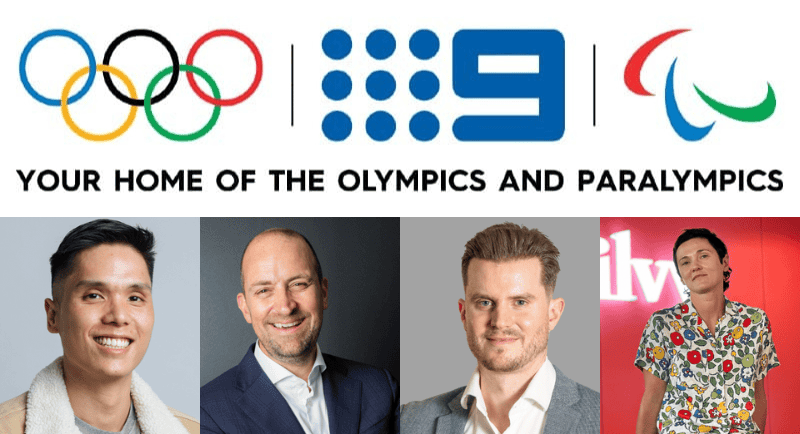Amid the doom and gloom plaguing news media, the Olympics are proving to be the escape the world needs and an opportunity for brands to align with and contribute to a positive message.
Media buyers shared the “halo effect” sentiment the games bring to the world and brands; Gavin Chew, head of media at Orange Line, told Mediaweek sponsoring the Olympics “give brands the impression of mass appeal, accessibility, and a special occasion.”
Stephen Leeds, CEO of The Media Store, said that while brand association with the Olympics is an “awareness driver”, cut-through will be the biggest challenge.
“It’s not enough to have an ‘Olympics strategy’ for media, how does this link to creative? How can we tie into – or better yet, create – a cultural moment from this association?
“Buying a partnership or spots in the programming does the short-term job, but making a long-term impact needs something much more robust.”
Aaron Jansen, head of performance at Bench Media, told Mediaweek that association with the Olympics can elevate a brand’s standing with consumers and provide credibility and trust, which is difficult to achieve across other marketing efforts.
He highlighted that the execution of an Olympics campaign is crucial and that the impact from such an alignment can be “reaching, gaining attention, and potentially a more emotive connection from new audiences” watching the best athletes compete.
From a creative perspective, Hilary Badger, executive creative director at Ogilvy Melbourne, said that genuine connection is the “strongest and most persuasive” association between a brand and the Olympics.
“Even more critical is a creative idea that connects the brand with the event.”
She noted that a brand that “authentically links its purpose or product with the event is the one people remember. In an event like the Olympics, which is completely awash with brands, a simple, powerful idea wins the day by connecting emotionally with the audience.”
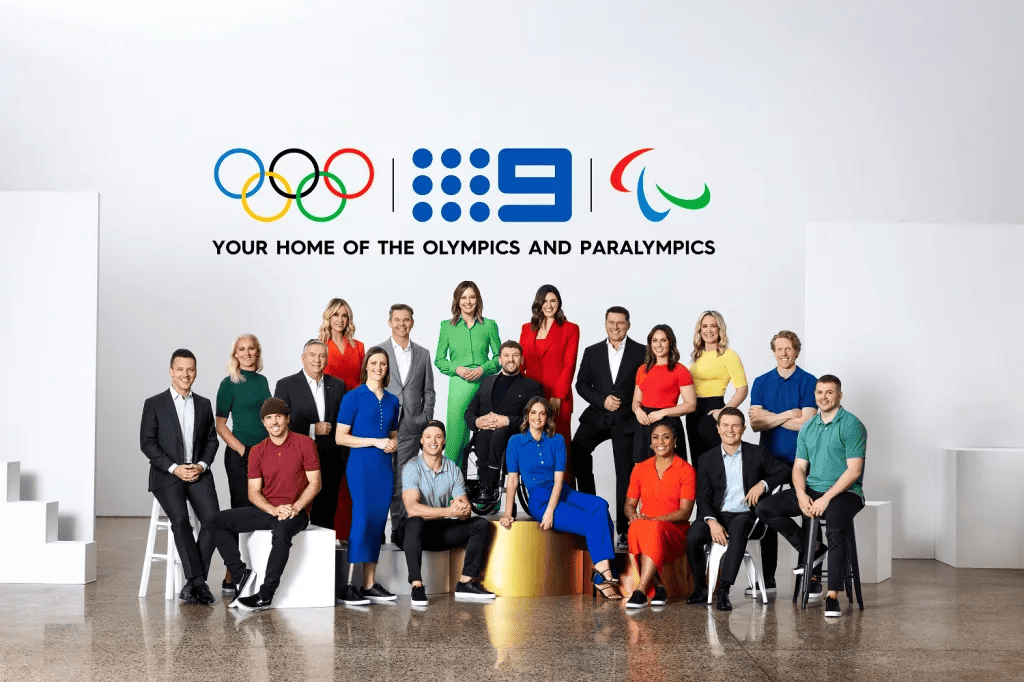
Seven stepped away from Olympic rights when the cost was out of reach
Time zone difference
Unlike the Tokyo Games, which had a favourable time zone to Australia, the time difference of the Paris Games will be “more of an inconvenience than a challenge” for Orange Line.
Chew noted that digital advertising is “so well globalised” and that “almost everything can be automated in-platform with rules in place to ensure proper execution at the correct time.”
“Of course, this requires a little more diligence when doing checks and optimisations, but that’s all part of the job!”
For The Media Store, Leeds said the time zone difference “poses a significant challenge for Nine” as the network sells the Games after taking over from Seven.
“We’ve been spoiled by the last three Summer and Winter Games aligning with our market; we’ve got to go back to Brazil 2016 to get a feel for what viewership may look like.”
Jansen pointed out that regardless of the time events are on in Paris, having more than 40 channels running live and on-demand across 9Now, as well as curated highlights and full replays, ensures ample inventory across premium environments.
“For clients, our Olympics media buying strategy will be focused around ‘following the audience’ with more investment in the rapidly growing digital channels, including BVOD, OLV and digital audio,” he said.
From a creative perspective, Badger said that Ogilvy Melbourne has viewed the time difference as a “creative problem to solve.
“How can we keep the kids of Australia engaged with their heroes when they’re going to be fast asleep during the main events? That’s the starting point for an interesting idea we’ve created with one of our clients – more on that soon.”
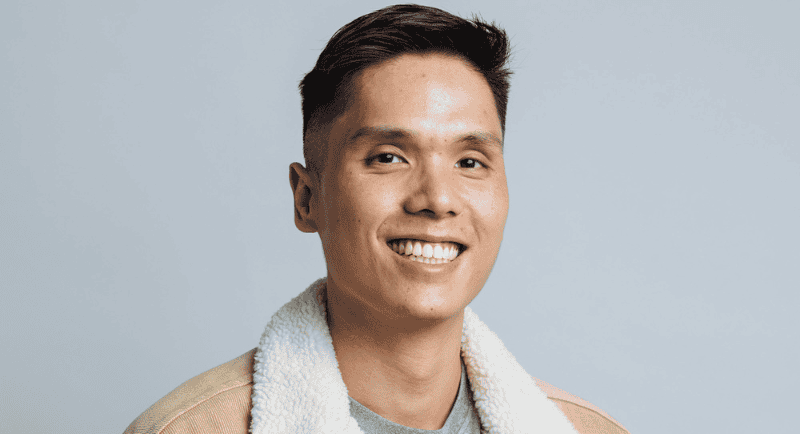
Gavin Chew
“Finding pockets of opportunity to capture their audience”
Chew noted that not everyone will watch the Olympics at all times and said that advertisers need to be strategic about “finding pockets of opportunity to capture their audience” in other areas, including “publishers and inventory that are more open to negotiation than usual”, he added.
Jansen said that gaining attention across Nine’s multiple platforms, from linear, BVOD, radio and publishing, during the Games is crucial as the network offers additional opportunities to align with the Games.
Beyond Nine, he noted that “targeted contextual buys, athlete partnerships, and aligning messaging across social and out-of-home campaigns” are further opportunities for brands to enhance brand visibility, ensure consistent messaging, and maximise audience engagement during the Games.
For The Media Store, Leeds noted that the independent agency has limited spend during the Olympic weeks.
Spend will instead be focussed on spending where TARPs (target audience rating points) remain low with Nine. Leeds said the agency will also use the opportunity to take advantage of Seven and Ten’s “favourable trading terms and considering the Olympics on a spot-buy basis only over packages.“
Leeds said that for radio, the agency won’t be spending with Nine as the network’s listenership doesn’t align with its clients’ core demographics and is a “low priority when they’re unwilling to offer competitive rates.“
“The reach from other networks should be more consistent. Print/news is where we can see an opportunity in the short-term market for Nine,“ he added.
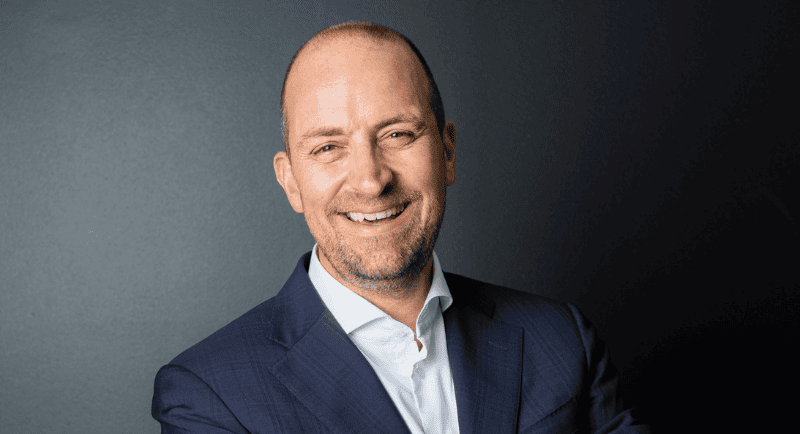
Stephen Leeds
Heavy investment and Nine’s “Olympics inflation”
Chew said that every major global sporting event is a chance for advertisers to have their marketing seen by a mass audience and broad demographic and expects “heavy investment all around the globe” into the games.
Leeds said that the Games have been challenging to sell to The Media Store’s clients, with many opting to avoid them and instead looking to “capitalise on alternate channels and networks in the two weeks that are taken up by Nine’s Olympics’ inflation‘.“
As a result of the “Olympics inflation,“ Nine Radio has become a “low-priority channel“ and “the hardest pill to swallow,“ with clients instead choosing “more robust support of other networks.”
He called Nine’s go-to-market pricing strategy “interesting”. Leeds said: “They opened partner conversations with high investment demands and held this position for so long that it became a challenge for agencies to recommend a deal without many long days sunk into negotiations.”
“It made our ‘client advisor’ jobs much more challenging, and we feel a more collaborative approach may have derived better outcomes, although we appreciate that Nine was late to market compared to previous years.“
Jansen said that the majority of Australia expected to watch the Games, achieving cut-through and brand recall will need a “creative approach.”
“A well-thought-out broad-scoped marketing campaign which aligns messaging with the positive associations of the games could prove to be a worthwhile long-term investment.”
Badger said that the great narratives from sports are the escape “everyone needs“ and predicts “the rise of engagement with women’s sport will only continue, with the world finally seeing it for the valuable commercial property it always has been.”
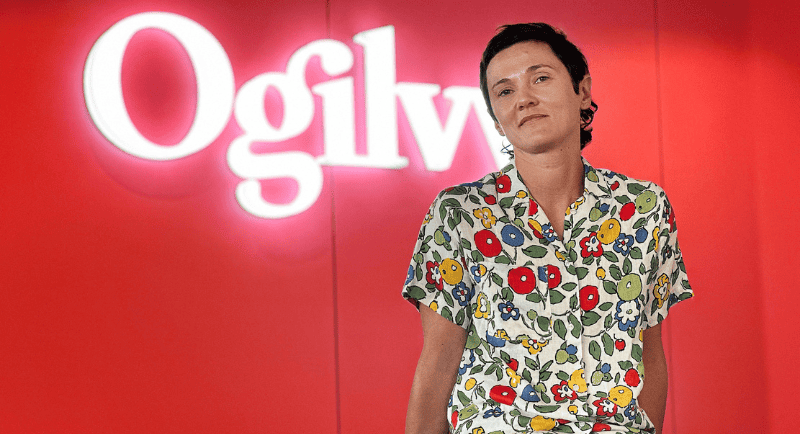
Hilary Badger
The Paralympics: “An opportunity not to be missed for marketers”
While all eyes will be on the Olympics, Mediaweek asked media buyers about spend for the Paralympics in the following month.
For Chew, he said he expects spend to drop significantly in line with viewership numbers. “The good news is that this means greater opportunity for exposure of advertisers in the care and disability space.”
Jansen added that the Paralympics is a great opportunity to reach a highly engaged and diverse audience. “We’ve seen in the past a very passionate and loyal audience following our Aussie Paralympic stars, which translates into an opportunity not to be missed for marketers.”
He noted Bench Media plans to maintain robust spend levels across the Paralympics.
“Successful campaigns should reflect the values of the Para athletes, such as perseverance and determination to build a deeper connection with their audience,“ he added.
Leeds said that Nine has had to shift its investment expectations for Paralympics packages to be similar to the Olympics packages.
“The Paralympics continues to lag behind the Olympics in terms of demand, so this is an opportunity to learn from Olympics viewing and trade short-term on Paralympics content to unlock additional discounting, with more confidence in the impact of being out of the time zone.
“Q3 is still posing to be a buyers’ market, and it will likely be a rush to the finish again from mid to late October,“ he added.
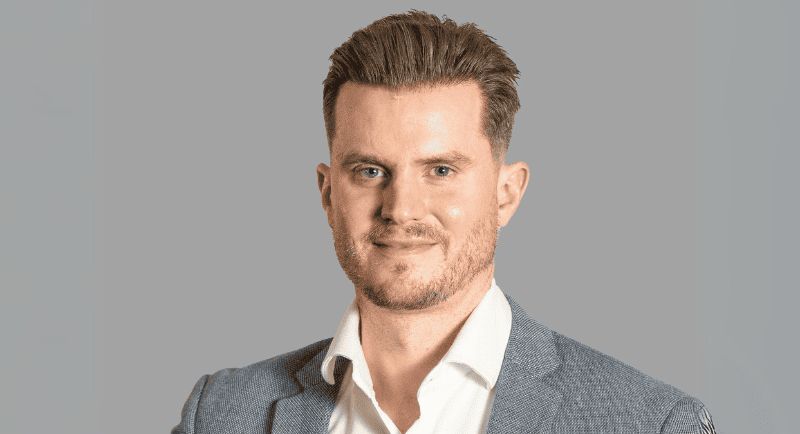
Aaron Jansen
–
Top image: Gavin Chew, Stephen Leeds, Aaron Jansen and Hilary Badger
